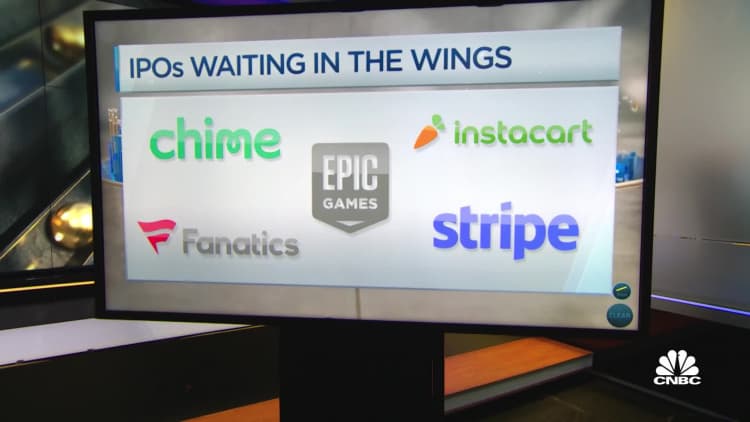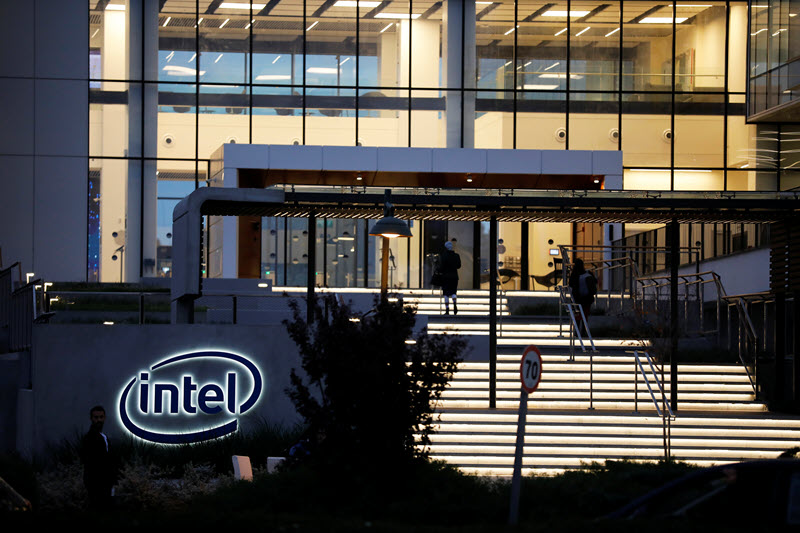[ad_1]

Wall Street just pulled off its biggest IPO in four months, giving bankers hope that the market for newly-listed company shares is stirring to life.
The solar technology firm Nextracker raised $638 million by selling about 15% more shares than expected, sources told CNBC Wednesday.
The listing, which began trading Thursday, shows that the stock market’s rebound this year is reviving appetite for new companies from mutual fund and hedge fund managers, said Michael Wise, JPMorgan Chase‘s vice chairman for equity capital markets. Nextracker shares were up 25% in midday trading.
Wall Street’s so-called IPO window, which allows companies to readily tap investors for new stock, has been mostly shut for the past year. Proceeds from public listings plunged 94% last year to the lowest level since 1990 as the Federal Reserve raised interest rates. The upheaval removed a key generator of fees for investment banks in 2022, leading to industrywide layoffs, and forced private companies to cut workers in a bid to “extend their runway.”
Private companies extend their runway by stretching budgets — usually by cutting expenses, like employees— to avoid raising capital or going public until market conditions improve.
“The window seems like it’s cracked open right now,” Wise told CNBC in a phone interview. “The strong market performance since the beginning of this year has investors and issuers back and engaged; many companies are now going through pre-IPO, testing-the-waters processes.”
On the heels of the Nextracker listing, other renewable energy firms are planning to list in the U.S., including Tel Aviv-based Enlight, according to bankers. New York-based JPMorgan is lead advisor on both of those deals.
Selective bias
Morgan Stanley is also seeing a “higher degree of investor engagement regarding bringing IPOs to market” than during most of last year, according to Andrew Wetenhall, Morgan Stanley’s co-head of equity capital markets in the Americas.
Morgan Stanley, JPMorgan and Goldman Sachs are three of the top advisors on public listings globally, according to Dealogic data.
But the market isn’t open to just anyone. Investors have soured on the prospects of unprofitable companies, and many tech listings from 2020 and 2021 are still underwater.
In-favor sectors now include green energy, thanks in part to the Inflation Reduction Act; biotech companies with promising drug trials; retail brands that have held up well in the current environment; and parts of the financial sector like insurance, bankers said.
The common theme is that newly-listed companies need to be profitable, in sectors that are doing well or at least aren’t especially sensitive to rising interest rates.
“This market is opening, it is not wide open,” Wetenhall said. “The parties that should bring their deals in this environment probably have a set of features that fit the current investor sentiment.”
Instacart, Stripe
A bigger test of the market is coming as Johnson & Johnson has filed to take its Kenvue consumer health unit public, continuing a trend of IPOs led by spinoffs. That’s because Kenvue’s implied market capitalization is north of $50 billion, and investors have been eager for larger listings, according to a banker. That listing could happen as early as April, another banker said.
Waiting in the wings are other companies, ranging from delivery giant Instacart, payments processor Stripe, Fortnite owner Epic games, sports clothing retailer Fanatics and digital banking provider Chime.
Instacart’s listing could happen as soon as midyear, according to a banker with knowledge of the situation. With Stripe, however, management may pursue options to remain private for longer, this banker said.
A broader return to IPO listings will likely come in the second half of the year at the earliest, especially for most tech and fintech names, which are still generally out of favor.
“Tech has been very quiet,” said a different banker who declined to be identified speaking frankly. “I think it’s going to take a while for that to recover.”
[ad_2]












